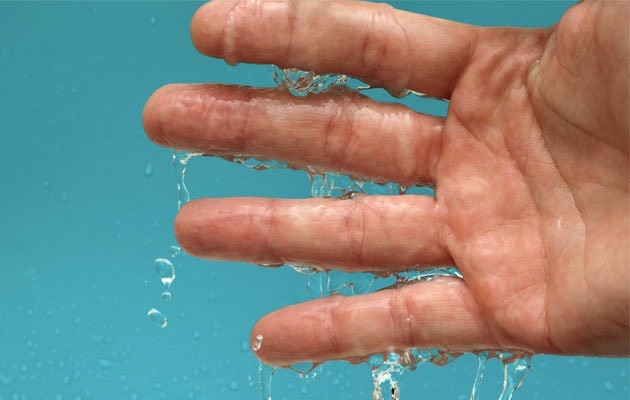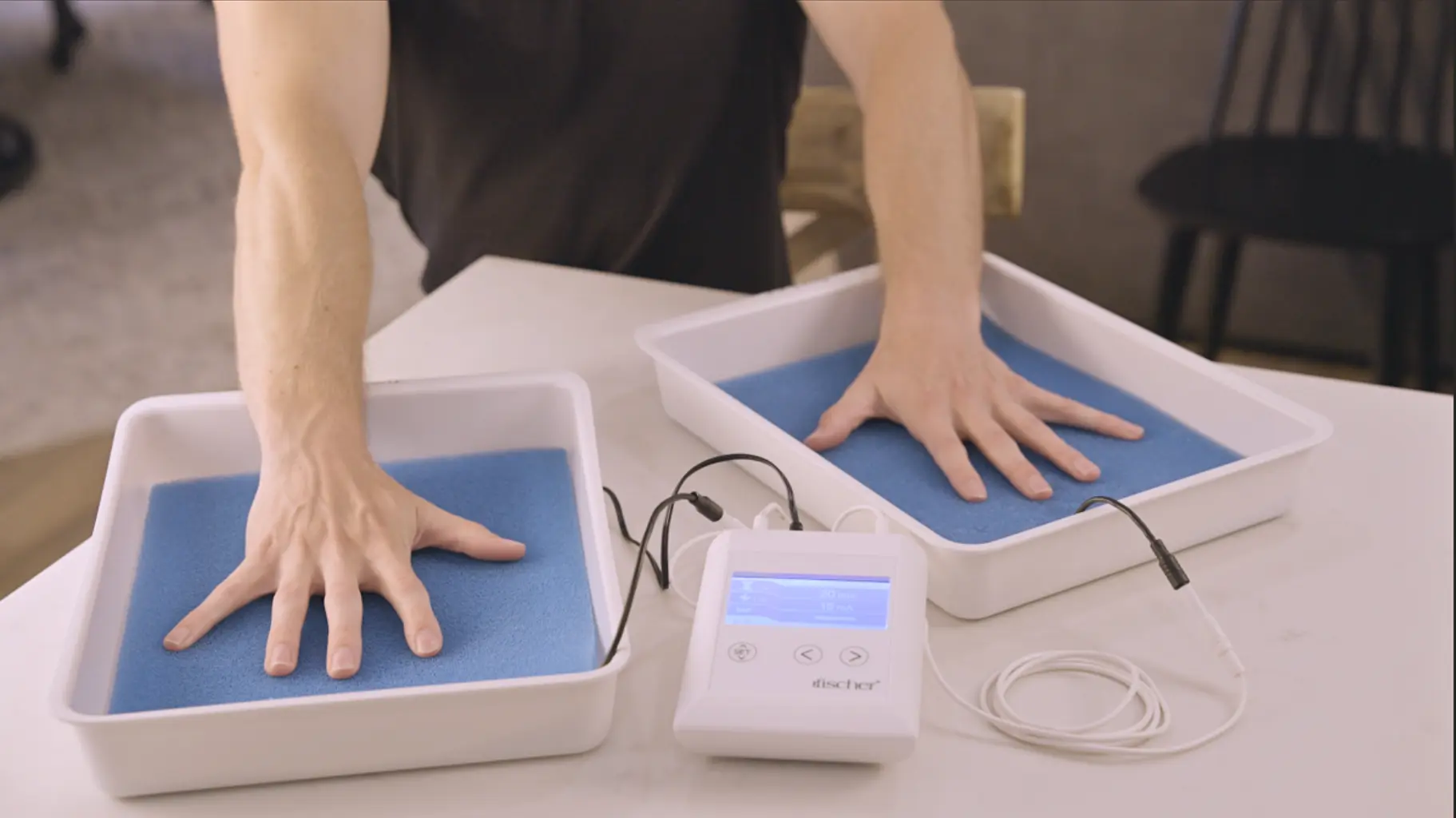Understanding the Origin of Excessive Sweating and Its Influence On Every Day Life
While it is commonly understood as a physical feedback to control body temperature, the triggers for excessive sweating can differ commonly amongst people, including not only physical variables yet mental and also psychological aspects. By delving right into the root causes of hyperhidrosis and discovering its multifaceted results, a much deeper understanding of this pervasive concern can be gotten, shedding light on the intricacies that individuals grappling with too much sweating navigate on a daily basis.
Physiology of Sweat Glands
The law of sweat production, an essential physical process, is largely managed by the task of sweat glands dispersed across the body. Sweat glands are classified into 2 main kinds: eccrine and apocrine glands. Eccrine glands are the most many and are found in virtually all areas of the body. They play an essential role in thermoregulation by producing a watery fluid onto the skin's surface, which aids and evaporates cool the body down. On the other hand, apocrine glands are concentrated in locations abundant in hair follicles, such as the underarms and groin, and their secretions are thicker and milky in look.
When the body temperature level rises, either because of exercise, high temperatures, or psychological stress and anxiety, the nervous system activates the gland to produce sweat. This sweat is composed mostly of water and electrolytes like salt and chloride. The procedure of sweat production is vital for keeping the body's inner temperature within a narrow, ideal variety, highlighting the essential role sweat glands play in human physiology.
Triggers for Excessive Sweating
In recognizing the root causes of too much sweating, it is vital to identify the triggers that can lead to this physical action. Physical exertion, high temperature levels, and spicy foods are likewise known to cause extreme sweating in people susceptible to this condition.
Moreover, medications such as some antidepressants, opioids, and particular supplements can likewise work as triggers for hyperhidrosis. Comprehending these triggers is important in handling excessive sweating successfully - How to stop sweaty hands. By recognizing and dealing with the details triggers that trigger too much sweating in an individual, doctor can create personalized therapy strategies to reduce this problem and improve the individual's top quality of life
Medical Issue Associated
Connected with extreme sweating are numerous medical conditions that can aggravate this physiological reaction. One usual problem is hyperhidrosis, a disorder defined by extraordinarily increased sweating that exceeds the body's thermoregulatory requirements. This can show up in focal locations like the palms, soles, underarms, or face, impacting an individual's top quality of life due to social embarrassment and pain.
Moreover, endocrine conditions such as hyperthyroidism, diabetes, and menopausal hot flashes can additionally lead to too much sweating. Hyperthyroidism creates an overproduction of thyroid hormonal agents, increasing metabolism and triggering sweating. Diabetes can generate sweating episodes, specifically throughout hypoglycemic episodes when blood glucose levels drop too low. Menopausal warm flashes, connected to hormone changes during menopause, can cause intense and sudden sweating, frequently accompanied by flushing and heart palpitations.
Moreover, infections like consumption, HIV, and endocarditis have been connected with evening sweats, a typical symptom recognized to interrupt sleep and influence general well-being. These clinical conditions highlight the varied series of underlying variables that can contribute to excessive sweating, requiring comprehensive evaluation and administration by healthcare experts.
Psychological and emotional Variables

Effect On Social Communications
Excessive sweating can have extensive effects on an individual's capacity to engage easily in social interactions. The visible indicators of sweat stains or damp spots on clothes can bring about embarrassment Clicking Here and self-consciousness, triggering people to withdraw from social circumstances. This withdrawal can influence relationships, limitation social tasks, and prevent specialist and personal growth.

Moreover, the anxiety and self-esteem problems coming from extreme sweating can influence interaction and social abilities. People might battle to concentrate on conversations, join group activities, or express themselves confidently. This can lead to feelings of isolation and loneliness, as social links come to be testing to keep.
Verdict

While it is frequently comprehended as a physiological response to manage body temperature level, the triggers for extreme sweating can vary widely amongst individuals, encompassing not just physical aspects however mental and also psychological aspects. By delving right into the root causes of hyperhidrosis and discovering its diverse effects, a much deeper understanding of this pervasive issue can be obtained, dropping light on the complexities that people grappling with extreme sweating browse on an everyday basis.
Physical exertion, high temperature levels, and Read More Here spicy foods are likewise recognized to activate excessive sweating in people susceptible to this problem. By determining and addressing the certain triggers that prompt too much sweating in a private, medical care companies can develop individualized treatment strategies to relieve this problem and improve the individual's quality of life.
Excessive sweating can have extensive impacts on an individual's ability to involve comfortably in social interactions.